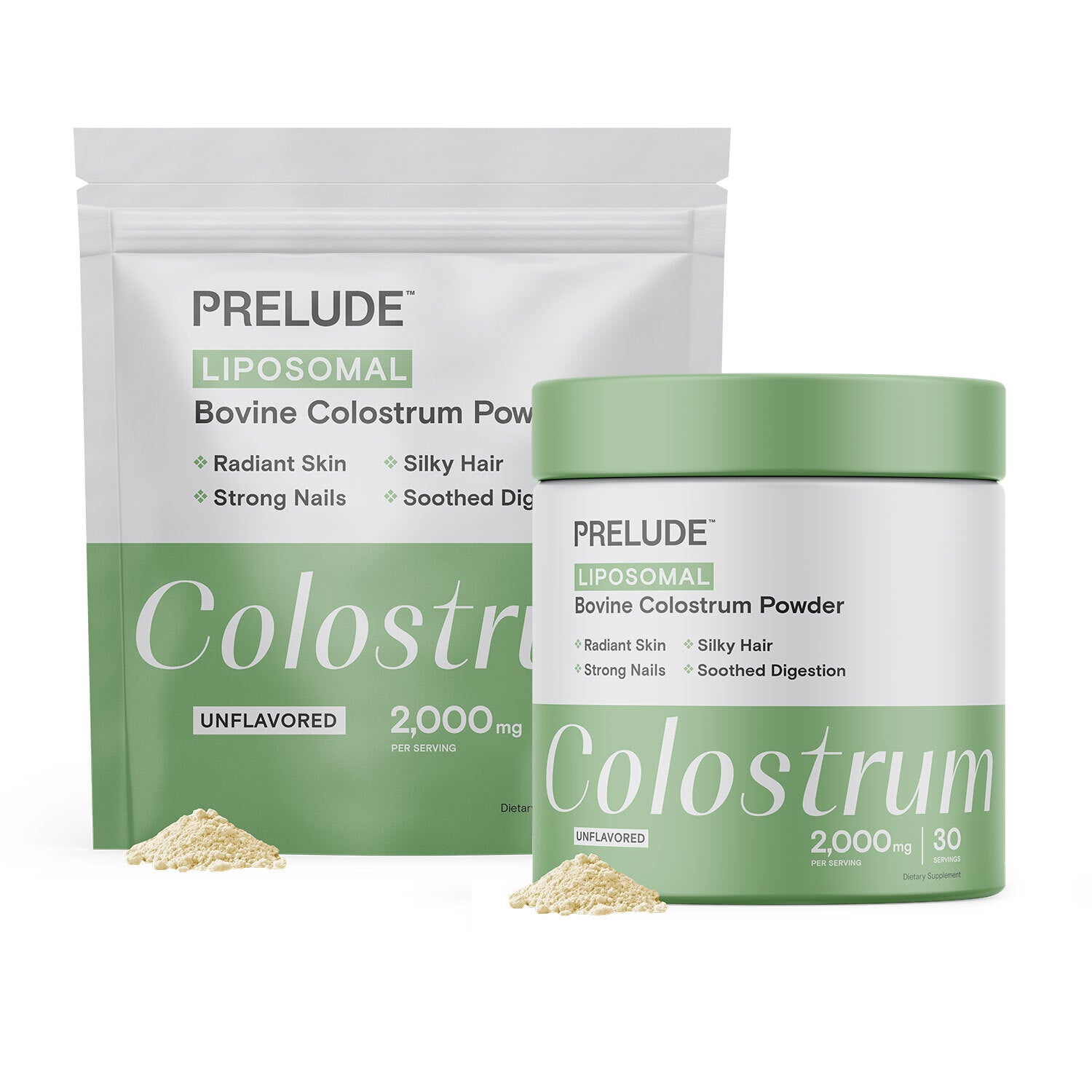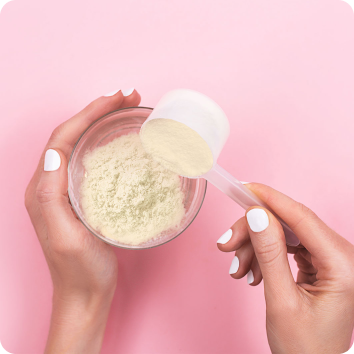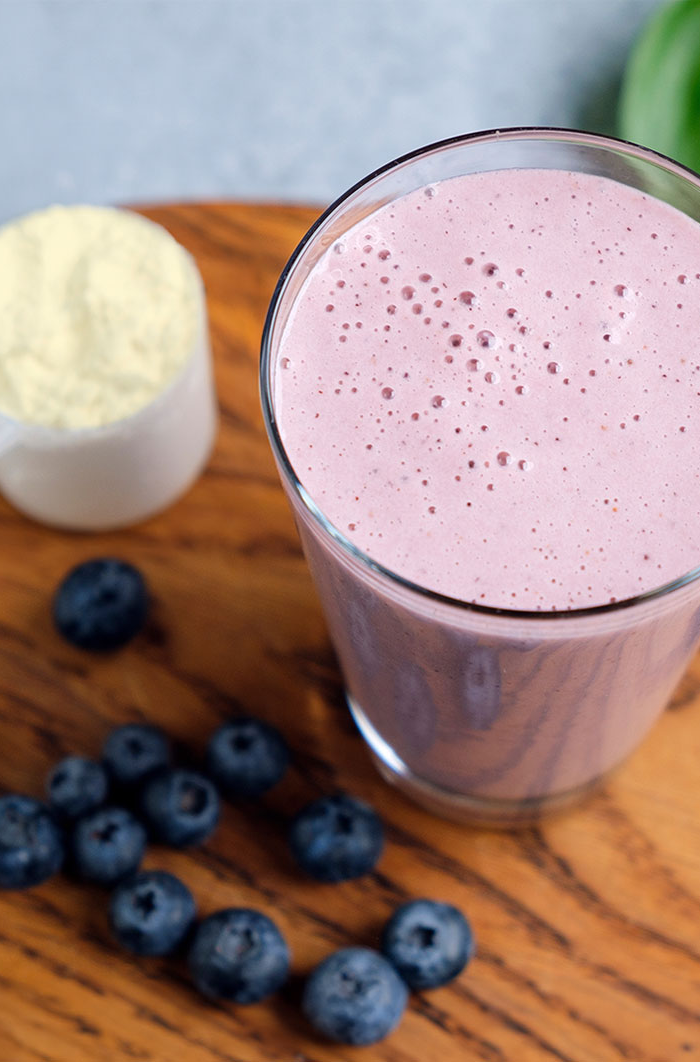
How to Regenerate Skin Faster
Your skin is the largest organ in your body, so taking great care of it is essential. In addition to keeping your skin clean and moisturized, it’s also important to understand how the process of skin regeneration works. Once you understand the mechanisms behind skin regeneration, you’ll have the tools you need to accelerate this process, boost your skin health, and reap a wide range of other benefits.
In this article, we’ll explore some key scientific facts about skin regeneration and share some practical tips and natural remedies to help you feel great.
Why should you regenerate your skin?
Natural skin regeneration refers to the process of your skin repairing itself after becoming damaged. In a nutshell, skin regeneration occurs when dead or damaged skin cells are replaced with new, healthy skin cells.
Healthy skin regeneration is essential for several key bodily functions, such as:
- Helping wounds heal
- Maintaining the skin’s elasticity
- Preventing infections caused by foreign objects breaching the skin barrier
However, there are countless factors that can influence the time it takes for your skin to repair itself, including your age, diet, and overall health.
If you’ve ever wondered how to have healthier and better-looking skin, the first step is understanding your personal well-being and recognizing which habits may be slowing down the regeneration process.
Key mechanisms of skin regeneration
The skin regeneration process relies on several different biological mechanisms that require growth factors and proteins within the body. Each molecule plays important roles in locating damaged or dead skin cells and replacing them with healthy cells.
Growth factors
Growth factors refer to proteins that stimulate cell growth and cell division. These proteins are critical when it comes to healing wounds and regenerating skin.
There are three key growth factors that stand out in the skin regeneration process:
- Epidermal Growth Factor (EGF): These are responsible for the growth and proliferation of skin cells.
- Fibroblast Growth Factor (FGF): These proteins help new blood vessels from after an injury and aid in collagen production.
- Transforming Growth Factor (TGF): TGFs improve cell differentiation and aid in the tissue repair process.
Proteins
In addition to growth factors, there are several proteins that are vital for skin regeneration and good skin health. Collagen and elastin are two powerful proteins that boost the structure and elasticity of the skin, which helps the skin look firm and smooth. The collagen synthesis process in particular is crucial for skin strength and healing from wounds.
Enzymes, which are different types of protein, are also integral to skin regeneration. For instance, enzymes like matrix metalloproteinases (MMPs) are responsible for rebuilding the skin’s structure and allowing healthy tissue to grow.
Supplements for natural skin regeneration
Several natural supplements can support healthy skin regeneration. Consider adding the following supplements to boost skin health:
- Zinc: Zinc contributes to your body’s immune system and healing processes, so adding more zinc to your diet can help with wound healing, tissue repair, and cell growth.
- Vitamin C: Vitamin C is an antioxidant that helps the body create more collagen, which is a crucial part of healthy skin regeneration.
- B Vitamins: B vitamins play several key roles in skin health, including assisting with skin cell regeneration, speeding up wound healing processes, and slowing signs of aging.
- Colostrum: A nutrient-rich first milk produced after birth, colostrum contains growth factors, immunoglobulins, and essential vitamins and minerals that significantly enhance the skin regeneration process.
Remember, always follow the recommended dosage on each supplement bottle, and consult with your doctor if you are taking other medications or supplements to ensure there are no adverse interactions.
Colostrum: a natural boost for skin health
For those seeking a natural supplement to improve their skin’s regeneration process, colostrum offers promising results. Colostrum is the first milk produced immediately after giving birth, so it contains several compounds, growth factors, and vitamins that are especially helpful for regenerating skin.
Colostrum supplements can aid in several steps of the skin regeneration process, from helping skin cells grow to defending the body from infections. Here are some key ingredients in colostrum:
- Growth Factors: Colostrum includes epidermal growth factors (EGF), fibroblast growth factors (FGF), and insulin-like growth factors (IGFs), all of which promote healthy cellular growth and repair.
- Immunoglobulins: Colostrum is rich in immunoglobulins, which are antibodies that help boost the immune system and protect against infections.
- Nutrients: Colostrum is full of essential vitamins, minerals, and amino acids that can accelerate the skin regeneration process and improve overall skin health.
Scientific evidence on colostrum for skin regeneration
Several scientific studies have been conducted on colostrum benefits for skin health and regeneration, and there are many promising results.
For instance, a 2021 article in the Journal of Drugs in Dermatology found that topical colostrum treatments can enhance skin health as people age.
Another study reported that using extracellular vesicles from colostrum offers wound repair due to their anti-inflammatory properties.
Whether applied topically or taken orally via supplement form, colostrum has shown to have tangible benefits when it comes to wound healing, skin health, and skin regeneration.
Additional natural methods to support skin regeneration
In addition to natural supplements, incorporating healthy habits into your lifestyle can support your skin health goals. Here are a couple powerful tips that can help you naturally boost your immune system and accelerate the skin regeneration process:
- Eat a balanced diet. To support collagen synthesis, protect your skin, and keep your skin hydrated, make sure you’re getting enough Vitamin C, Vitamin E, protein, and omega-3 fatty acids in your diet.
- Stay hydrated. Drinking enough water is essential for maintaining your skin’s health and elasticity. Try to drink mostly water and steer away from sugary sodas or other drinks that may not offer the hydration you need.
- Use sun protection. To promote healthy skin regeneration, you need to protect it from excessive sun exposure and harsh UV rays. Make sure to thoroughly apply sunscreen when you go outdoors and wear protective clothing to keep your skin covered.
- Avoid harmful substances. Smoking can pose several health hazards, including damaging your skin. Excessive alcohol consumption can also dehydrate the skin and slow down the natural regeneration process. Limiting these substances can significantly enhance your skin’s overall health.
Sources:
















